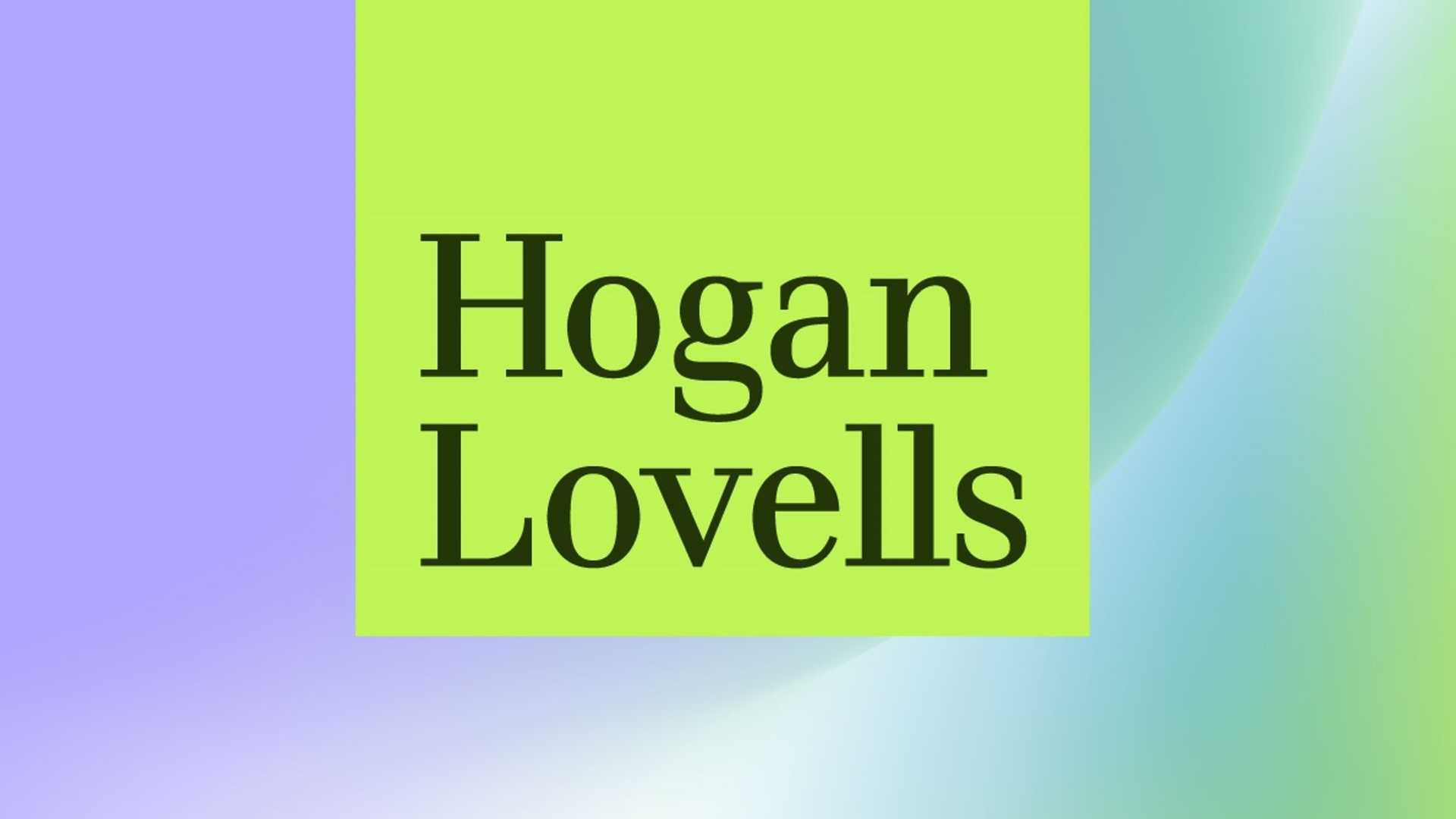ChatGPT is not a proxy for the skilled person | Hogan Lovells ...
Rieter CZ s.r.o. (“Rieter”) was granted a patent (EP 3 118 356) on 4 November 2020 relating to a procedure for safely starting and/or stopping a rotor of a rotor spinning machine for the production of yarn. The patent was upheld (in amended form) by the EPO Opposition Division on 18 April 2023 following EPO opposition proceedings brought by Saurer Spinning Solutions GmbH & Co. KG (“Saurer”), but Sauer appealed that decision to the EPO Board of Appeal (the "Board"), seeking revocation of the patent.
Rieter requested that the appeal be dismissed, or alternatively that the patent be maintained in amended form on the basis of one of five auxiliary requests. Rieter argued that certain features in one of the patent’s claims were not disclosed in the prior art if the claim language was properly interpreted. An interesting issue arose because in support of its claim interpretation Rieter relied on responses it received from ChatGPT after feeding it questions about the meaning of the relevant terms used in the contested patent claim.

Board's Decision
On 14 May 2025, the Board handed down its decision (T 1193/23). The Board ultimately overturned the Opposition Division decision, and revoked the patent. The Board found that claim 1 lacked novelty over a piece of prior art, and that each of Rieter’s five auxiliary requests also lacked either novelty or an inventive step.
The most interesting part of the Board’s decision comes in its discussion of the relevance to claim interpretation of answers provided by the large-language model (LLM) ‘ChatGPT’. The Board held that, because Rieter had only read out some of the responses received from ChatGPT orally at the hearing, the content of the responses could not be taken into account for the purposes of the Board's decision.

Use of ChatGPT in Claim Interpretation
The Board found that ChatGPT’s answer was “irrelevant” as claim interpretation ultimately depends on the understanding of the skilled person. The Board stated that the general increase in the spread and use of chatbots based on language models and/or artificial intelligence alone does not justify the assumption that an answer received necessarily undermines the expert's understanding of the respective technical field at the relevant point of time.
Limitations of Using LLMs
The decision highlighted the limitations of relying solely on AI-generated content as a basis for claim interpretation. The challenges include the lack of visibility of the training data used to generate the responses and the sensitivity of the responses to the context and formulation of the questions/input into the LLM.

Therefore, it will likely remain difficult to rely solely on AI-generated content as a basis for claim interpretation. The importance of expert evidence as to the understanding of the skilled person seems secure in proceedings before the EPO and in European patent litigation more broadly.
It is expected that there will be an increase in the use of LLMs and other AI tools to assist legal practitioners in EPO proceedings and patent litigation, whether in prior art or specialist literature searches, or even in the drafting of submissions.

* All quotations from T 1193/23 in this article are based on machine translation.
DISCLAIMER: Because of the generality of this update, the information provided herein may not be applicable in all situations and should not be acted upon without specific legal advice based on particular situations. Attorney Advertising.© Hogan Lovells










